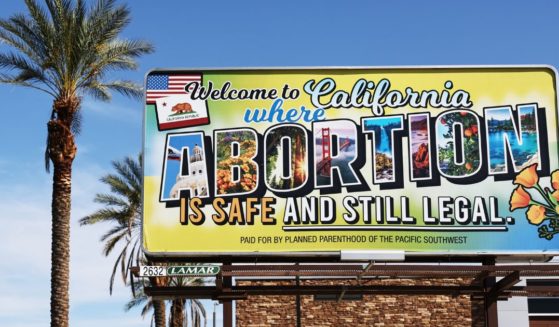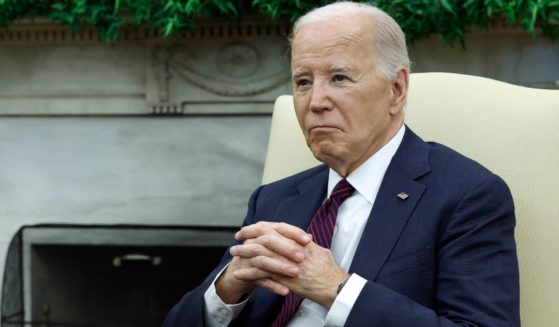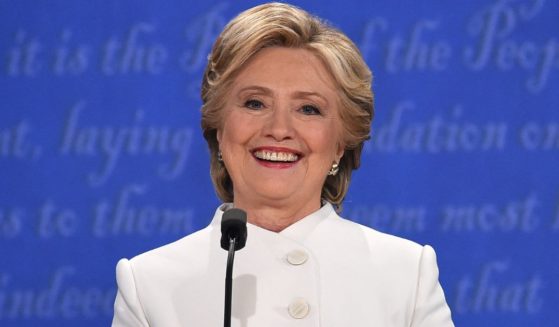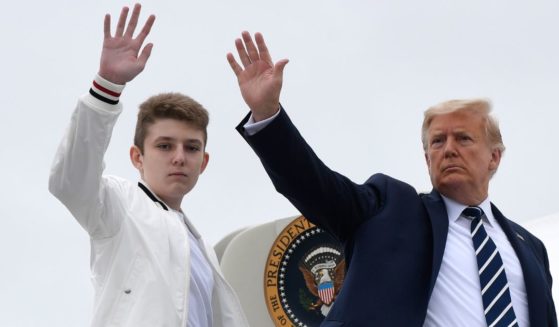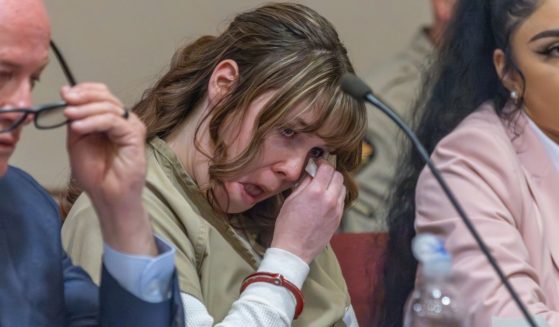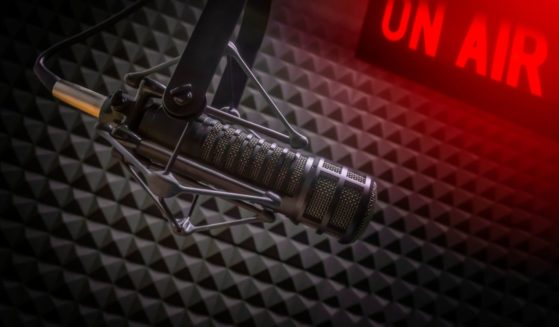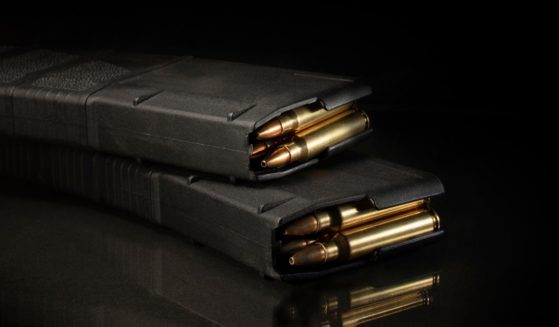[RETRACTED] Intel Community Uploaded Altered Whistleblower Form 2 Days Before Complaint Released to Public
RETRACTION, Jan. 13, 2020: This article relied on reporting from The Federalist that has since been debunked. The whistleblower rules were not changed just prior to the complaint in question being filed; in fact, they weren’t changed at all. The law never required that a whistleblower have first-hand knowledge, so the prior version of the form was erroneous. Moreover, according to a Sept. 30 news release from the Office of the Inspector General of the Intelligence Community, the whistleblower indicated on the complaint that he had both first-hand and second-hand knowledge of the issues in question. The form was changed after review by new employees made it clear that the previous form did not comply with the whistleblower rules, not to allow this whistleblower the opportunity to file a complaint under a lower standard.
The Western Journal is therefore retracting this commentary. However, we are leaving the text of the commentary in place to provide context, including a link to the original Federalist report, without which the reason for the retraction would be difficult to understand. We apologize for any confusion this commentary may have caused.
If you were to file a whistleblower report with the intelligence community inspector general, up until Sept. 24, the conduct you were blowing the whistle on officially had to be witnessed firsthand.
The “Disclosure of Urgent Concern” form — the channel by which one reported such things — specifically stated that any kind of second-hand information about alleged wrongdoing wouldn’t do.
This appears to have changed at 4:25 p.m. on Sept. 24, when a new form was uploaded to the Director of National Intelligence’s website.
On the new form, individuals who “heard about [wrongdoing] from others” can also report it.
That date is pretty significant because it was just two days before the biggest whistleblower report in the intelligence community’s history was released to the public.
Sean Davis, co-founder of The Federalist, reported Friday the firsthand knowledge requirement was canned sometime over the past year and change — and while it’s difficult to pin down when, evidence points to August.
“Between May 2018 and August 2019, the intelligence community secretly eliminated a requirement that whistleblowers provide direct, first-hand knowledge of alleged wrongdoings,” he wrote.
“This raises questions about the intelligence community’s behavior regarding the August submission of a whistleblower complaint against President Donald Trump. The new complaint document no longer requires potential whistleblowers who wish to have their concerns expedited to Congress to have direct, first-hand knowledge of the alleged wrongdoing that they are reporting.”
The change was first noted by researcher Stephen McIntyre, who said the revision and the timing was “something seriously strange.”
Here is something seriously strange. The Disclosure of Urgent Concern Form located earlier today at DNI is only two days old according to its pdf properties. https://t.co/l8foAAj2sC pic.twitter.com/0iwXTxcgIv
— Stephen McIntyre (@ClimateAudit) September 27, 2019
The previous form had a bold section with the header “FIRST-HAND INFORMATION REQUIRED.”
“The IC IG cannot transmit information via the ICPWA based on an employee’s second-hand knowledge of wrongdoing,” the form read.
“This includes information received from another person, such as when an employee informs you that he/she witnessed some type of wrongdoing.”
“If you think that wrongdoing took place, but can provide nothing more than second-hand or unsubstantiated assertions, IC IG will not be able to process the complaint or information for submission as an ICWPA.”
That previous version notes it was approved on May 24, 2018. The new form, meanwhile, states it was revised sometime in August 2019 but it doesn’t specify a date.
That becomes important when you realize that the whistleblower complaint about Trump’s phone call with Ukrainian President Volodymyr Zelensky — which included no firsthand knowledge about the call — was filed on Aug. 12.
Davis noted the report has plenty of references to knowledge that’s second-hand at best.
He wrote: “The Ukraine call complaint against Trump is riddled not with evidence directly witnessed by the complainant, but with repeated references to what anonymous officials allegedly told the complainant: ‘I have received information from multiple U.S. Government officials,’ ‘officials have informed me,’ ‘officials with direct knowledge of the call informed me,’ ‘the White House officials who told me this information,’ ‘I was told by White House officials,’ ‘the officials I spoke with,’ ‘I was told that a State Department official,’ ‘I learned from multiple U.S. officials,’ ‘One White House official described this act,’ ‘Based on multiple readouts of these meetings recounted to me,’ ‘I also learned from multiple U.S. officials,’ ‘The U.S. officials characterized this meeting,’ ‘multiple U.S. officials told me,’ ‘I learned from U.S. officials,’ ‘I also learned from a U.S. official,’ ‘several U.S. officials told me,’ ‘I heard from multiple U.S. officials,’ and ‘multiple U.S. officials told me.’”
Up until the afternoon of Sept. 24, you likely wouldn’t be able to report any of this on the “Disclosure of Urgent Concern” form. It’s unclear when the firsthand knowledge requirement actually went away — as Davis noted, it could be anytime between May 24, 2018 and sometime in August.
This could all be a coincidence. But that would be a pretty massive coincidence.
It’s difficult to definitively state a causal relationship here, but the timing certainly makes it look as if some wider allowance was made for the specific complaint at some level.
This doesn’t necessarily mean the change wasn’t warranted or the whistleblower complaint wasn’t something that should have been examined, either — but if this is more than a coincidence, it puts the complaint and the initial decision not to release it in a new light.
An official with the Director of National Intelligence wouldn’t comment on when the revision to the form was made or what the reasoning behind it was when reached by The Federalist, either. That shouldn’t be a good augury for anyone.
There are plenty of answers that need to be provided in the wake of this whistleblower complaint.
Republicans and conservatives shouldn’t kid themselves: Some of them need to come from the president and those around him.
The intelligence community needs to provide some answers about this, too.
It would be edifying, for instance, to find out when this form was revised. I think a lot of people would also like to know what input prompted the change.
If those are questions the intelligence community can’t quickly and decisively answer, this report is looking swampier and swampier.
Truth and Accuracy
We are committed to truth and accuracy in all of our journalism. Read our editorial standards.

